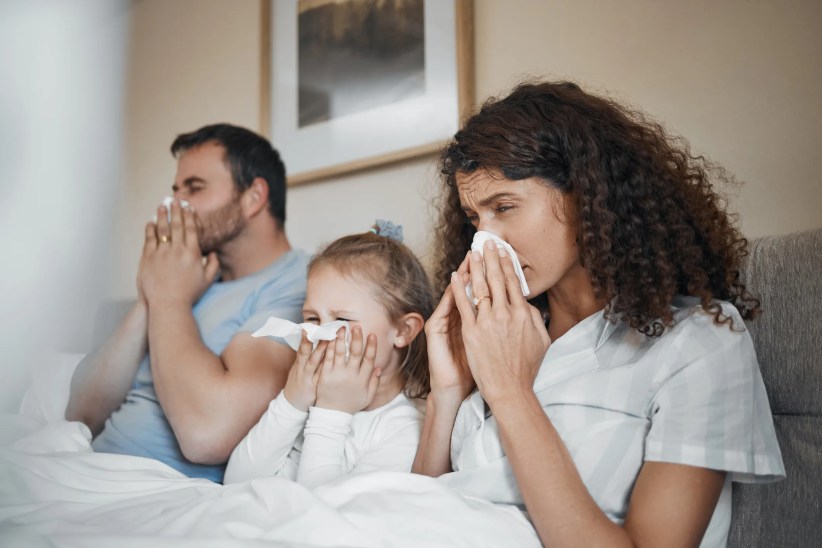The recent measles outbreak in the United States has raised many questions surrounding this disease. Measles is a serious respiratory disease that is spread easily through coughing and sneezing. To prevent measles, get vaccinated.
The recent measles outbreak in the United States has raised many questions surrounding this disease. The Association for Professionals in Infection Control and Epidemiology has prepared a measles fact sheet.
What is measles?
Measles is a serious respiratory disease that is spread easily through coughing and sneezing. Measles is a very contagious virus that can spread even if the person with measles is no longer in the room. Measles can also be spread by an infected person even before a rash or any other symptoms appear. According to the Centers for Disease Control and Prevention, in 2011, 38 percent of children younger than 5 years old who had measles in the United States had to be treated in the hospital. Although the number of cases in the U.S. is low, measles is common in other countries.
Measles is spread from person to person through the air by infectious droplets. Severe cases of measles can cause pneumonia, convulsions, brain damage, and death. One to three children out of 1,000 in the U.S. who get measles will die from the disease.
Symptoms of measles
- Fever—which can become very high
- Runny nose
- Cough
- Feeling run down, achy (also known as malaise)
- Red, watery eyes (similar to pink eye)
- A rash that runs from the hairline to the face and neck
- Tiny white spots with bluish-white centers found inside the mouth (Koplik’s spots)
Measles vaccine
To prevent measles, get vaccinated. The vaccine available for measles is a shot that combines the vaccines for measles, mumps, and rubella (MMR). Two doses of the MMR vaccine is recommend for children, starting between 12 and 15 months. The second dose should be given before the child enters kindergarten (between 4 and 6 years of age). The vaccine protects children by preparing their bodies to fight the measles virus. Almost all children (95 out of 100) who get two doses of MMR vaccine will be protected from measles. Be sure to ask your healthcare provider for a copy of your children’s vaccine records.
Immunization protects future generations. Vaccines have reduced and, in some cases, eliminated many diseases that killed or severely disabled people just a few generations ago. If we continue vaccinating now, and vaccinating completely, parents in the future may be able to trust that some diseases of today will no longer be around to harm their children in the future.
Additional resources
CDC – Measles
WHO – Measles fact sheet
NFID – Measles
APIC’s mission is to create a safer world through prevention of infection. The association’s more than 15,000 members direct infection prevention programs that save lives and improve the bottom line for hospitals and other healthcare facilities. APIC advances its mission through patient safety, implementation science, competencies and certification, advocacy, and data standardization. Visit APIC online at www.apic.org. Follow APIC on Twitter and Facebook. For information on what patients and families can do, visit APIC’s Infection Prevention and You website.




















